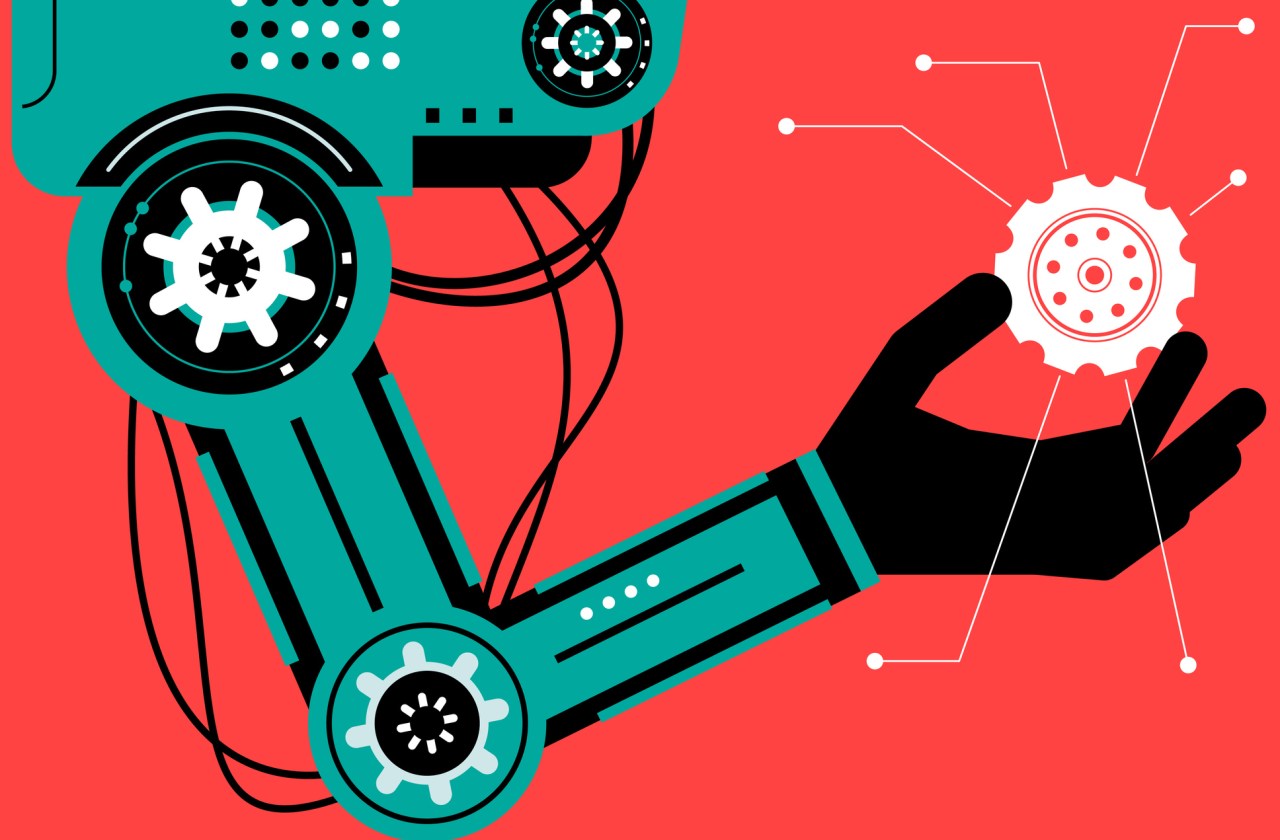Artificial Intelligence continues to evolve at a rapid pace, transcending traditional boundaries and enabling machines to learn, adapt, and thrive in complex environments. A recent initiative by Facebook sheds light on a remarkable evolution in AI training, highlighting how intelligent resource management can significantly enhance the efficiency of teaching machines to navigate the real world. By embracing a strategy centered around the principle of culling the weak, they have laid the foundation for what’s being termed “embodied AI.”
Understanding Embodied AI
Embodied AI refers to systems that interact intelligently with their surroundings, mimicking the fluidity of human actions within various contexts. This can encompass everything from responding to voice commands in a meaningful manner to adapting behaviors based on environmental cues, such as ensuring that a robot recognizes when it has wandered into the wrong room.
To achieve this ambitious vision, creating realistic simulation environments is crucial. Without exposure to typical real-world settings—like hallways or doorways—an AI would struggle to comprehend their functionalities, underscoring the necessity of immersive simulation platforms.
Introducing Habitat: A Photorealistic Learning Ground
Facebook’s innovative solution, Habitat, serves as a breathtakingly detailed training ground for AI systems. By offering photorealistic environments, Habitat allows AI agents to practice navigating complex layouts that closely mirror real-world scenarios. Traditional AI training often encounters severe limitations due to computational demands; however, the engineers at Facebook have found ways to scale their operations through strategic innovations.
Efficient Resource Management: Culling the Slow
- Competition for Resources: Analyzing the challenges in conventional training, researchers discovered that waiting for inefficient agents undermined potential learning opportunities. By lowering the priority of slower agents, the team effectively streamlined processes.
- Real-Time Efficiency: The innovative technique employed by Facebook allows quick termination of lagging agents, ensuring that valuable computing resources are utilized only for those making calculated progress. This encourages a self-reinforcement cycle where successful agents are rewarded with higher reinforcement.
This groundbreaking approach allows faster convergence with remarkable accuracy rates, enabling AI agents to complete navigation tasks with an impressive 99.9% success rate. Through effective collaboration and communication among agents, learning becomes incrementally efficient.
Learning from Success and Mistakes
Interestingly, the agents developed by Facebook exhibit a resilience that transcends human limitations. Situations that would typically cause confusion, like making a wrong turn, no longer result in failure. Instead, these agents learn to correct their course dynamically. By discerning patterns within the environment, AI autonomously adapts its strategies—an impressive feat reflecting the structural regularities inherent in virtual home layouts.
A Step Towards Practical Applications
While the current successes are remarkable, the journey doesn’t end here. Facebook aims to further refine these AI systems, enabling them to accomplish tasks with less resource input. Progress is already being made in enhancing the interactivity within Habitat, allowing agents to physically manipulate objects and perform tasks akin to those encountered in daily life.
Looking Ahead
The vision for Habitat is one that extends far beyond simulation; Facebook aspires to bridge the gap between virtual training and practical application. Successful integration of AI agents into real-world scenarios hinges upon continued development and testing. In a world where technology and interactions will inevitably intertwine more profoundly, the advancements made in AI training are essential for fostering more holistic applications.
Conclusion
As organizations such as Facebook explore the possibilities within AI training, the implications of enhanced efficiency become increasingly apparent. The resilience, adaptability, and learning capabilities of AI in photorealistic environments can pave the way for groundbreaking advancements in robotics and intelligent systems. It’s a thrilling time for AI enthusiasts and stakeholders alike.
At fxis.ai, we believe that such advancements are crucial for the future of AI, as they enable more comprehensive and effective solutions. Our team is continually exploring new methodologies to push the envelope in artificial intelligence, ensuring that our clients benefit from the latest technological innovations.
For more insights, updates, or to collaborate on AI development projects, stay connected with fxis.ai.

